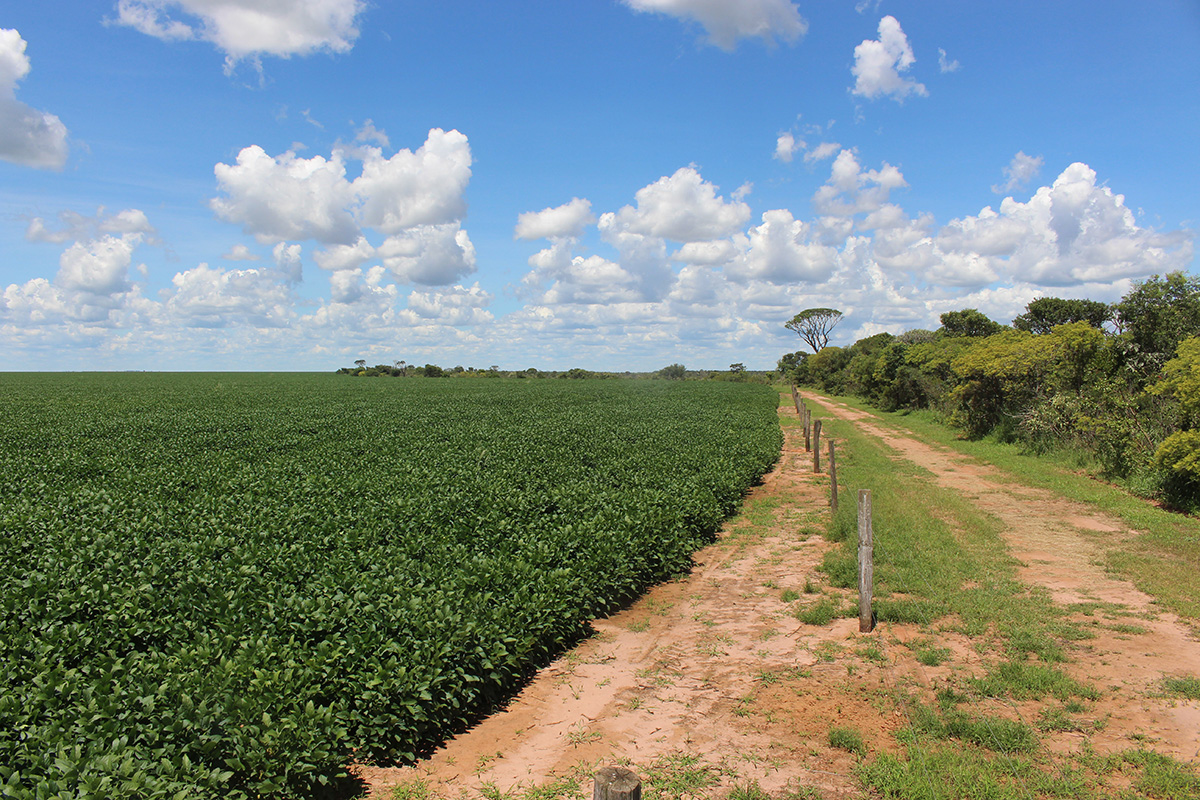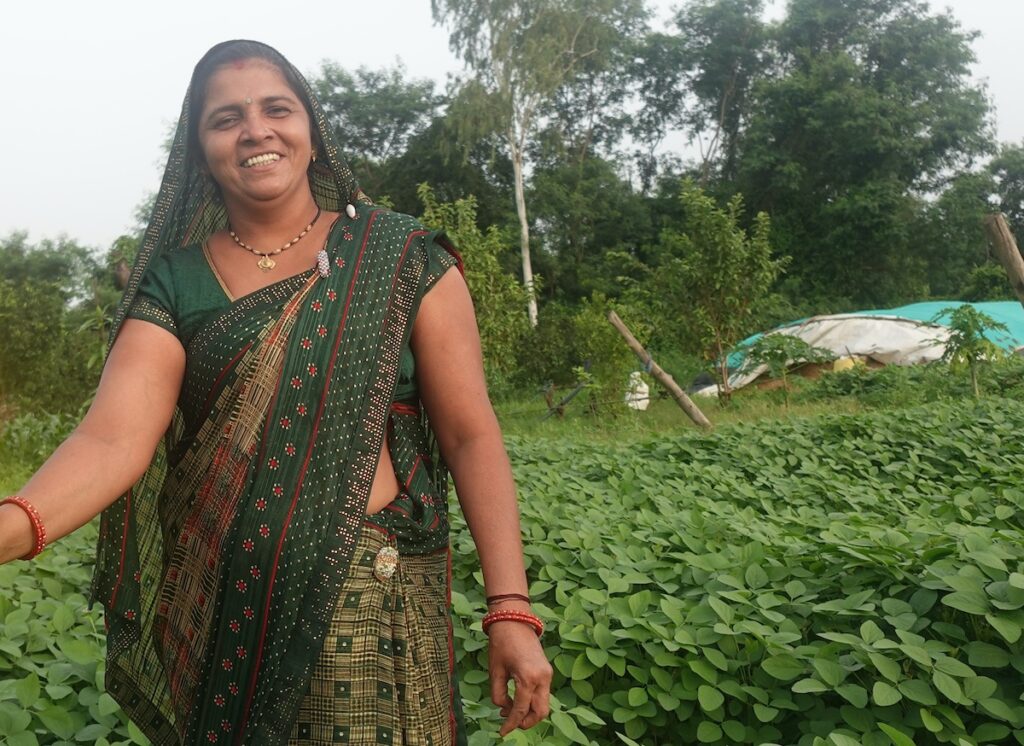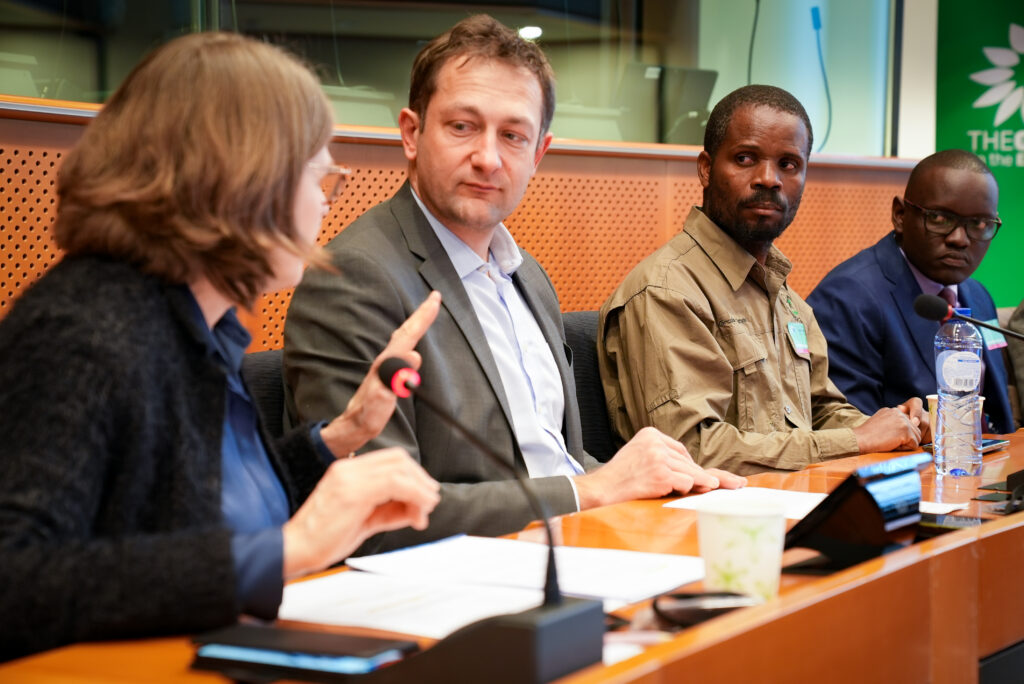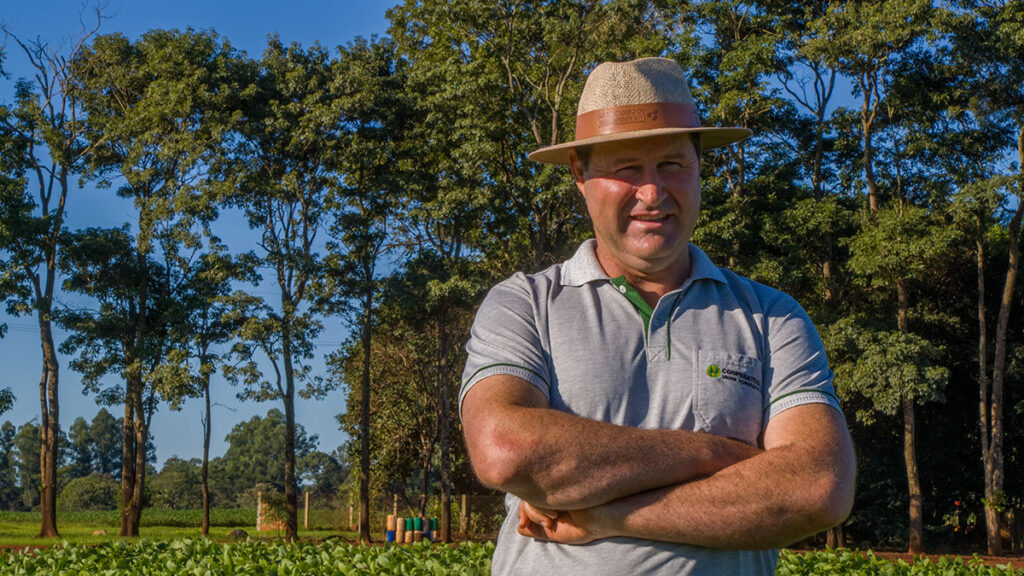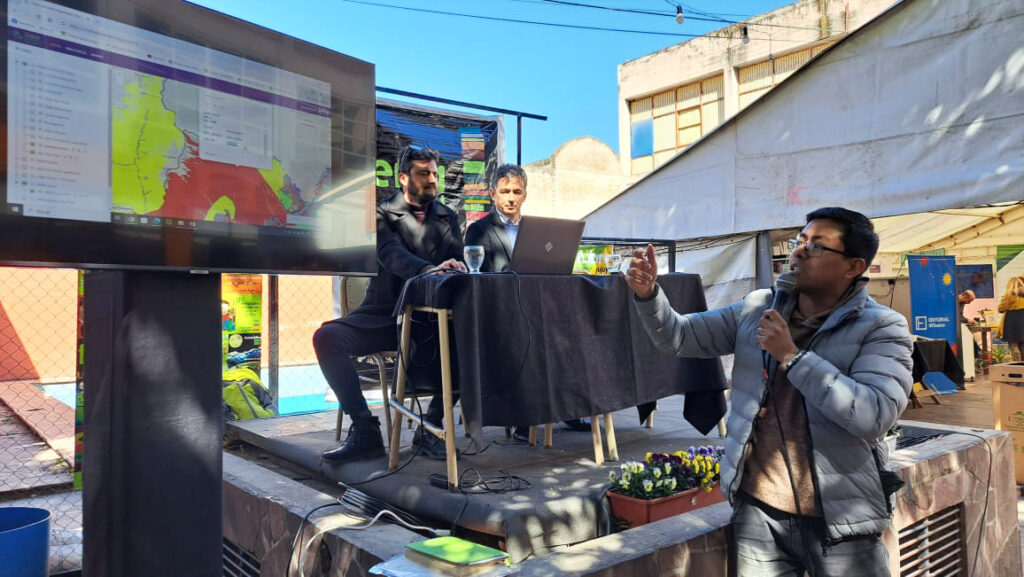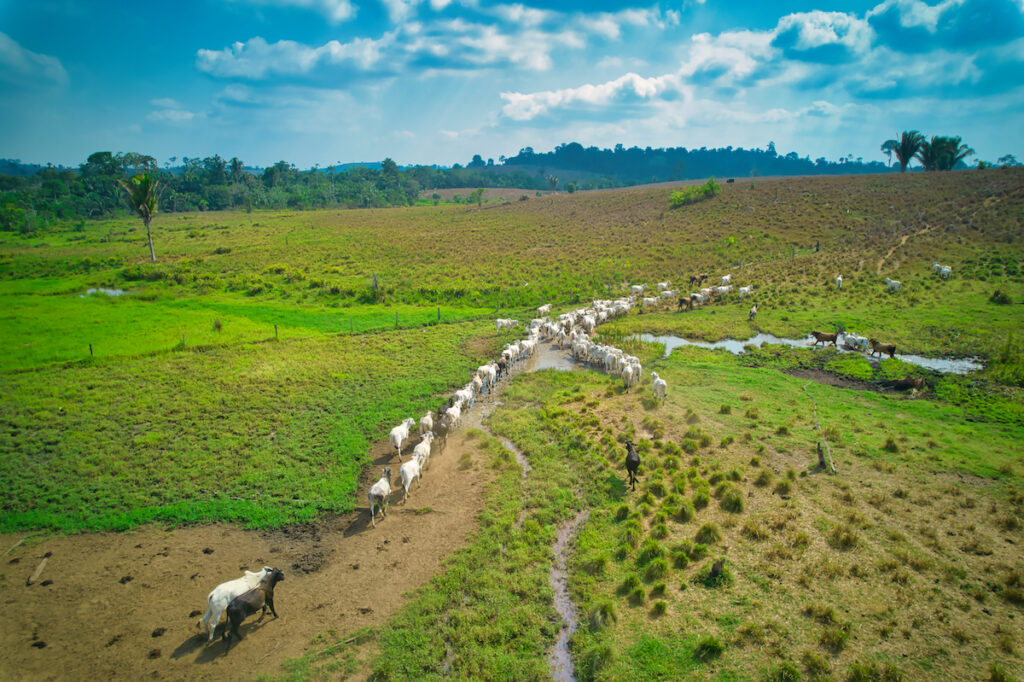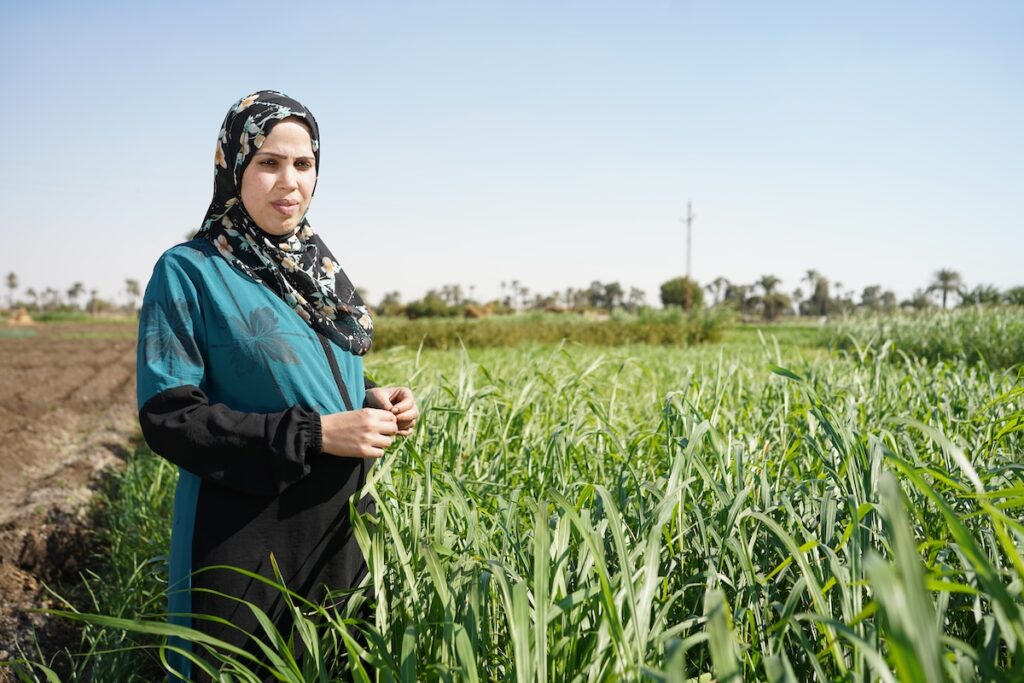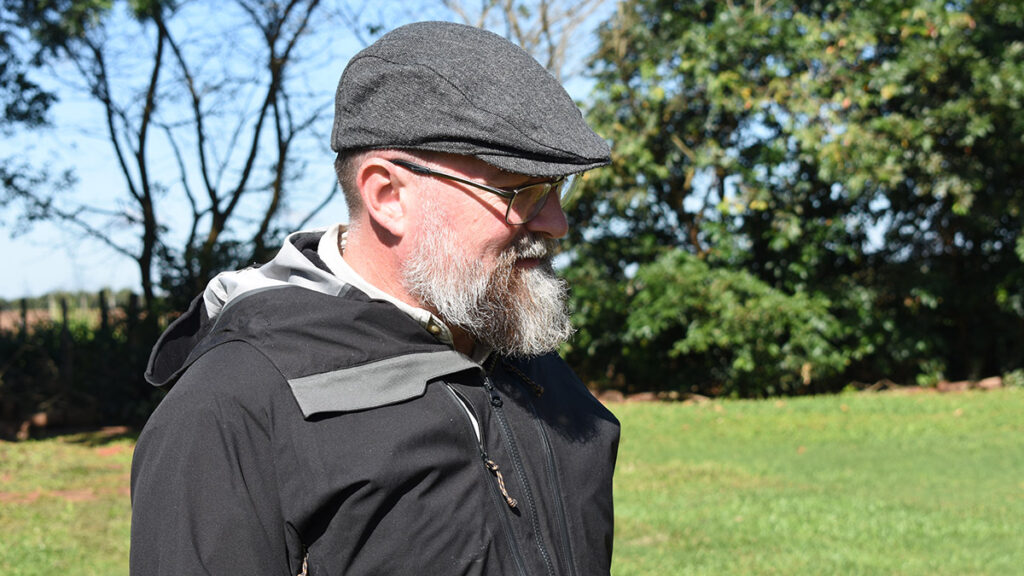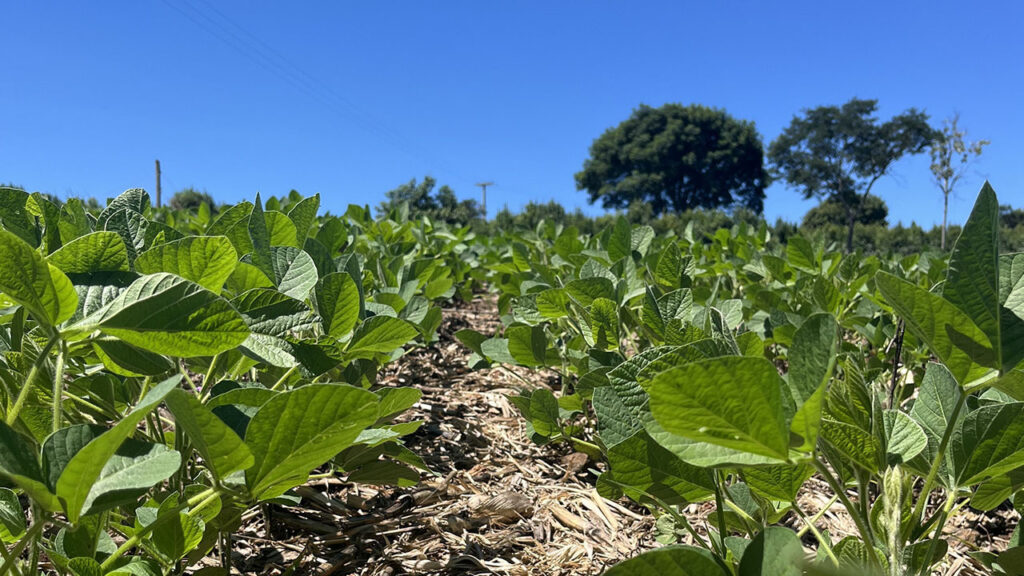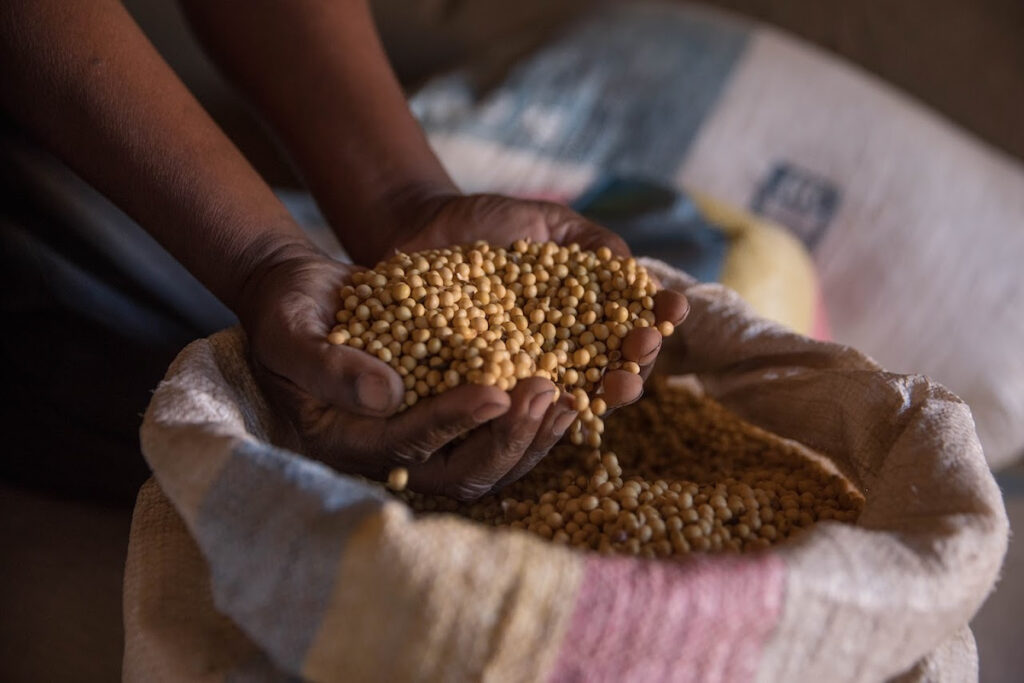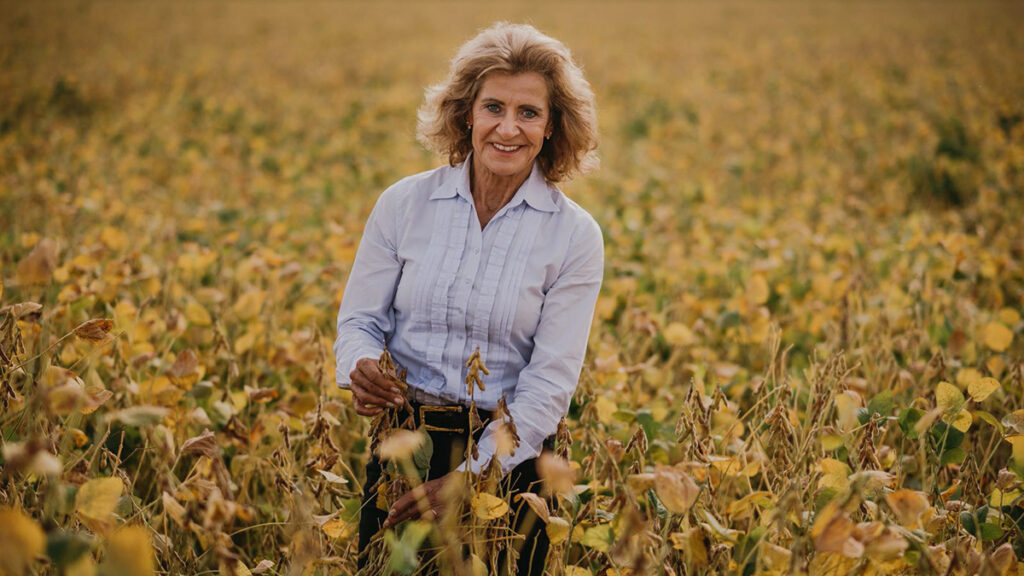Thirty-seven million hectares of soy were harvested between 2019 and 2020, resulting in the largest harvest in Brazilian history, according to a report by the São Paulo Federation of Industries (FIESP). The data also shows that soy production is expected to grow and occupy an additional 7.3 million hectares in the country by 2029, representing an increase of 24% in the area occupied today.
According to a recent study by The Nature Conservancy (TNC), the Cerrado is home to 18.5 million hectares of underused agricultural pasture. The area between the states of Maranhão, Tocantins, Piauí, and Bahia, called Matopiba, could accommodate the demand for increased soy production and more efficient cattle ranching, avoiding the clearing of new areas.
Jointly with Ceres in USA, and ICV and GTPS in Brazil, and with funding from the Norwegian Agency for Development Cooperation (Norad), through Norway’s International Climate and Forest Initiative (NICFI), Solidaridad is articulating its teams in the three countries to achieve the following results:
- engaging and constructing sustainable soy and meat production criteria with Chinese importers.
- engaging the leading global companies, via investors, in the commitment to curtail conversion in the soy production areas.
- focusing on low-carbon agriculture in the two largest Brazilian biomes by intensifying sustainable livestock practices.
- leveraging the mitigation and adaptation agenda linked to soy production in the Cerrado, based on the restoration of pastures degraded by agriculture and soil management.
- advocating for the improvement of environmental governance and inclusive solutions for small producers in the Amazon region of Novo Repartimento, PA.
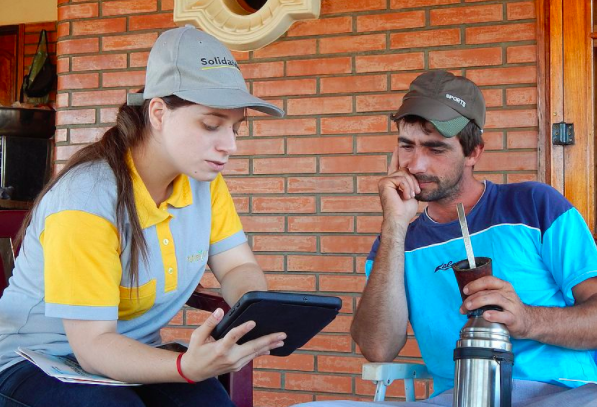
How good practices are improving the soy supply chain in Paraguay
“We understand that working in the territories, improving the business environment based on local governance, and facilitating partnerships with the various links in the agricultural production chain, at national and international levels, will lead us to long-term interventions, which can leverage the access to technology and investments for low-carbon agriculture and forest maintenance,” said Brazil Agriculture and Conservation Manager for Solidaridad, Joyce Brandão.
Market uptake
In 2019, Solidaridad attended the consultation on the Chinese Guide to Sustainable Soy Production in Beijing. The meeting, which was attended by more than 40 stakeholders, initiated the construction of Chinese minimum criteria for imports under low carbon practices and without conversion of native vegetation. This process was co-financed by The Nature Conservancy (TNC), under the Collaboration for Forestry and Agriculture (CFA).
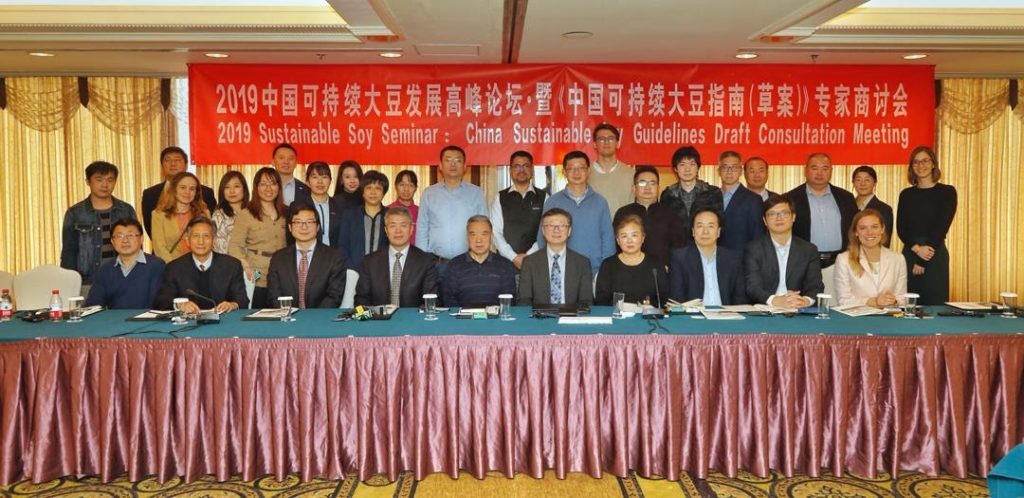
In the United States, Solidaridad is working with Ceres to approach large companies, market influencers, and international investors, whose businesses are linked to the commercialization of commodities, such as soy and meat. The objective is to provide technical support to improve their purchasing policies, by adopting commitments and strategies to improve their sustainability indicators.
“Investors understand more and more that deforestation creates not only significant financial risks, even regulatory and reputational risks for companies, but also increases systemic risk in their investment portfolio by contributing to climate change. And when investors express concern, companies are driven to address the issue. Engaged investors will have a crucial role in eliminating deforestation caused by commodity production,” remarked the Director of the Ceres Food and Forestry Program, Julie Nash.
Engaged investors will have a crucial role in eliminating deforestation caused by commodity production.
Julie Nash, Director of the Ceres Food and Forestry Program
The Brazilian connection
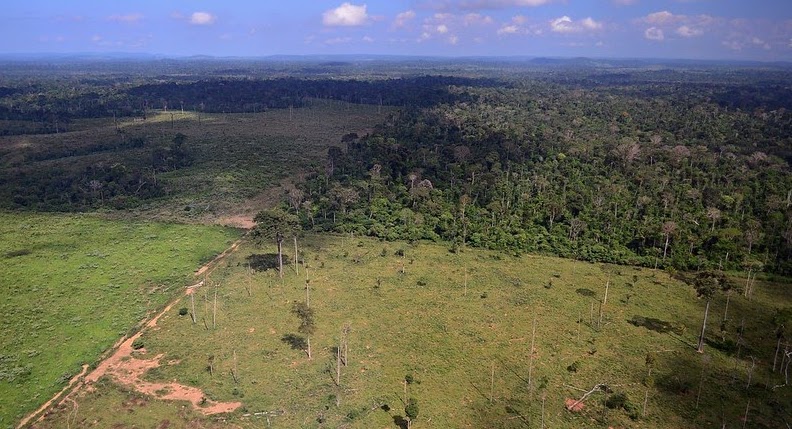
On the Brazilian end, based on operations in the Cerrado and Amazon biomes, the aim is to engage associations, cooperatives, traders, and local governments to promote low-carbon agriculture that permits increased production and efficient land use.
The Cerrado area under the scope of this work comprises 73 million hectares and 337 municipalities. Given the different local realities, the first step was to map, together with the Soft Commodities Forum (SCF), the capacity of the different types of producers present to adopt more efficient land use.
“Engaging producers is vital for the success of our operations in the region. And, based on the identification and understanding of the challenges they face, strategic action can be designed,” commented Joyce Brandão.
Partner with us
We’re looking for partners who believe that profit is more than just financial. What can we help you achieve?
With the current record harvest and the increasing participation of the sector in the national GDP, the expansion of soy over the Cerrado looks inevitable. “That is why producers must get involved in territorial planning, prioritizing the use of areas that are already cleared and underutilized for agricultural activities,” add Juliana Monti, soy programme coordinator.
Also, together with the Brazilian Roundtable on Sustainable Livestock (GTPS), Solidaridad is disseminating the Sustainable Livestock Indicators Guide (GIPS) among ranchers, so that they can self-assess their practices. As Luiza Bruscato, the GTPS Executive Coordinator points out, the main point is that producers understand the relevance of sustainability and make the GIPS gain scale and credibility so that rural producers feel comfortable filling it out and willing to carry out a continual improvement action plan on their farms.
Leading cattle buyers, JBS and Minerva Foods, also participate as they aim to establish GIPS among their suppliers and make sustainable livestock more accessible and measurable in Brazil.
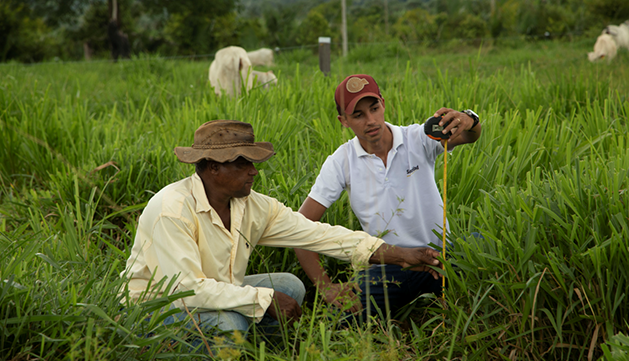
Finally, through a partnership with ICV, a large-scale technical assistance programme is under development to manage and recover degraded pastures, avoiding clearing new forest areas linked to cattle breeding and, consequently, GHG emissions. The Federal University of Mato Grosso (UFMT), the Federal Institute of Mato Grosso (IFMT), and the Brazilian Agricultural Research Corporation (EMBRAPA) also take part in the team, to reach a total area of 24 thousand hectares.
The farms selected to receive technical assistance will receive low-interest credit for implementation and satellite monitoring will be used to understand current and past scenarios to improve interventions.

